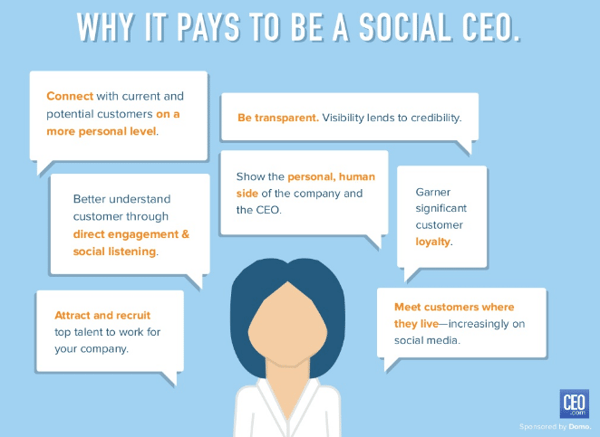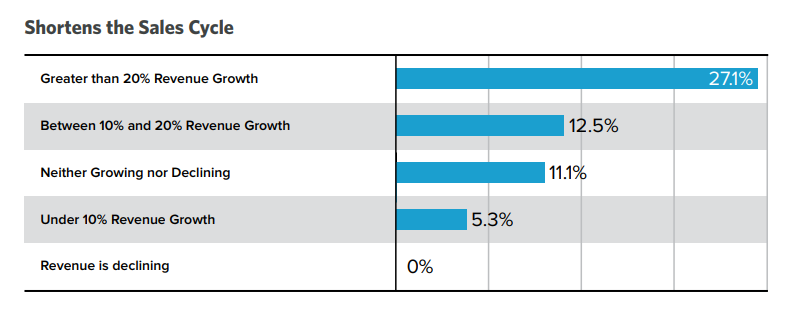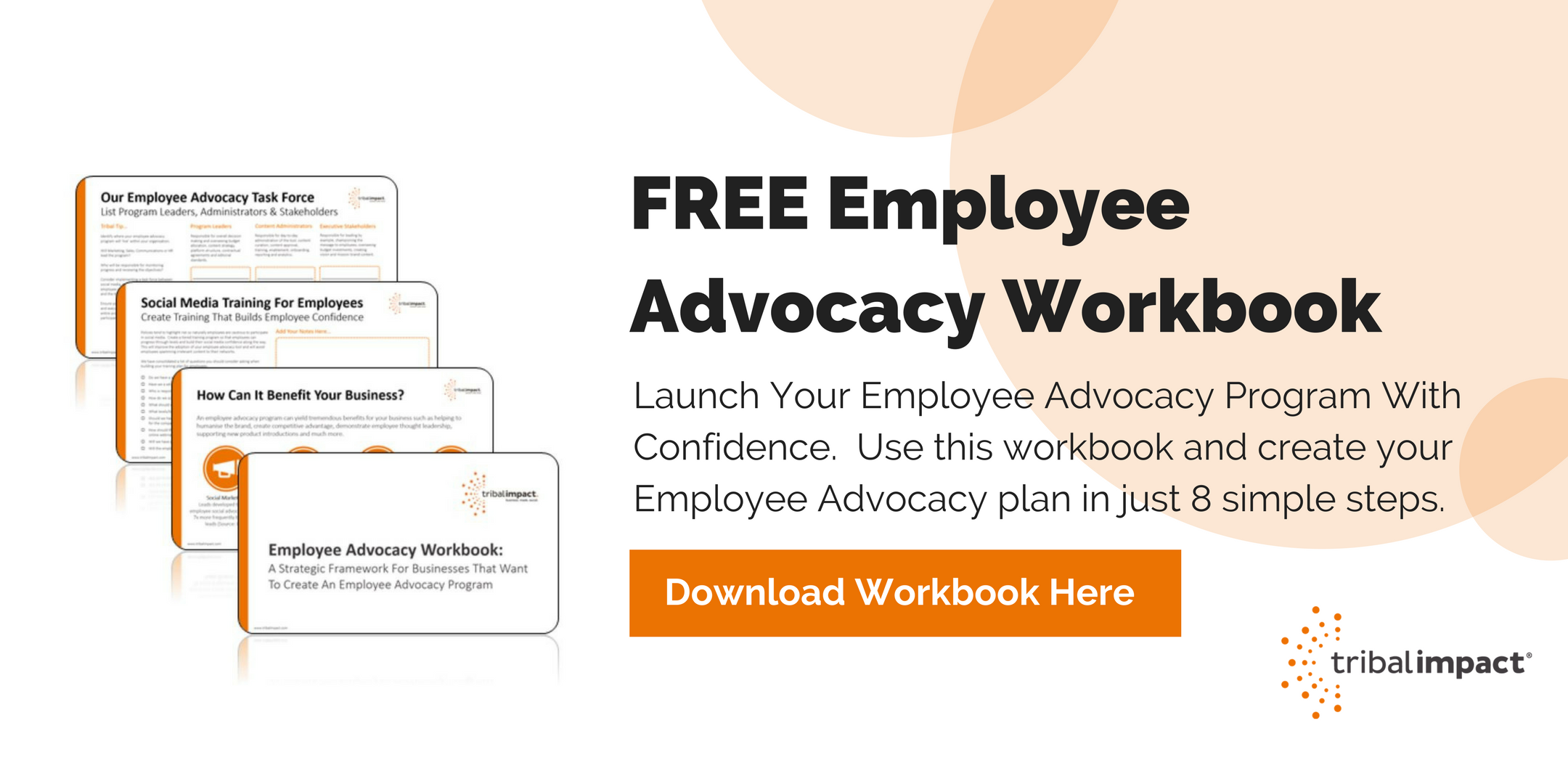Last week I attended a social event in London ran by Hootsuite and a common topic that kept coming up was how important it is to get the C-Level on board with social media and in particular, employee advocacy.
When you put into context that social media started gaining momentum about 12 years ago, platforms come and go, an ever-increasing number of apps and tools and the varying ways content is consumed, even in the marketing industry we are on a constant learning curve so it’s not surprising that the C-Suite may need some guidance. Employee advocacy is an even newer tool and although some companies are on board, many have not even heard of it, despite the incredible benefits it can deliver.

With all that in mind, the key question was how do you get C-Level buy-in for your Employee Advocacy program?
1. Be Clear on How Employee Advocacy Benefits the Bottom Line and Other Metrics
If you want to secure C-Level support, then data and ultimately, bottom line, measurable employee advocacy benefits are the way to go. Do your prep, talk in their language (which is usually succinct and results orientated), be sure you know who holds the budget, who is likely to be your biggest advocate (it might not always be the same person) and chat to these people before they are all in a room together!
In my previous blog on how employee advocacy benefits the bottom line and other metrics, I talked about measurable benefits to the bottom line so take a look as it has a great report from the Hinge Institute that will help you engage all the audience. However, I strongly recommend you also target the conversation to cover each strategic function director.

Personally, I’m a strong believer that the Sales Director is underestimated as a target for employee advocacy. They can be a huge and influential driver of an employee advocacy program when the benefits of social selling opportunities are made clear. Demonstrate that LinkedIn social sellers are more likely to deliver their quota, a reduced sales cycle, sales teams join at the top of the funnel and not at the bottom where the conversation is just about price and that leads developed through social selling are 7x more likely to close, I’m pretty certain you’ll find a new advocate of employee advocacy.
Overall, you want to ensure your pitch covers the main strategic functions; this article from PostBeyond has more stats that can help you do this.
2. Getting the C-Level Comfortable with Social Media
Let’s not forgot that your audience are all going to have different experiences and views of social media. If you’re going to deliver a successful program, then at the very least, make sure you understand where they are at and what you can do to help them. Demonstrating the measurable employee advocacy benefits as explained above will go a long way to getting them on board but you also want to get them involved.
Leading by example can have a big impact on the success of your employee advocacy program and demonstrating activity from other Execs within their industry, professional contacts, customers and of course competitors, will help secure their involvement.
3. Communication is Key
Last but not least, keep communicating; do this at an individual level with the C-Level on their own involvement and checking in on what support they might need but most importantly, sharing the successes from across the business with credible reporting. As I’ve already mentioned, it really is all about the numbers, learn more about Employee Advocacy metrics that matter here.


